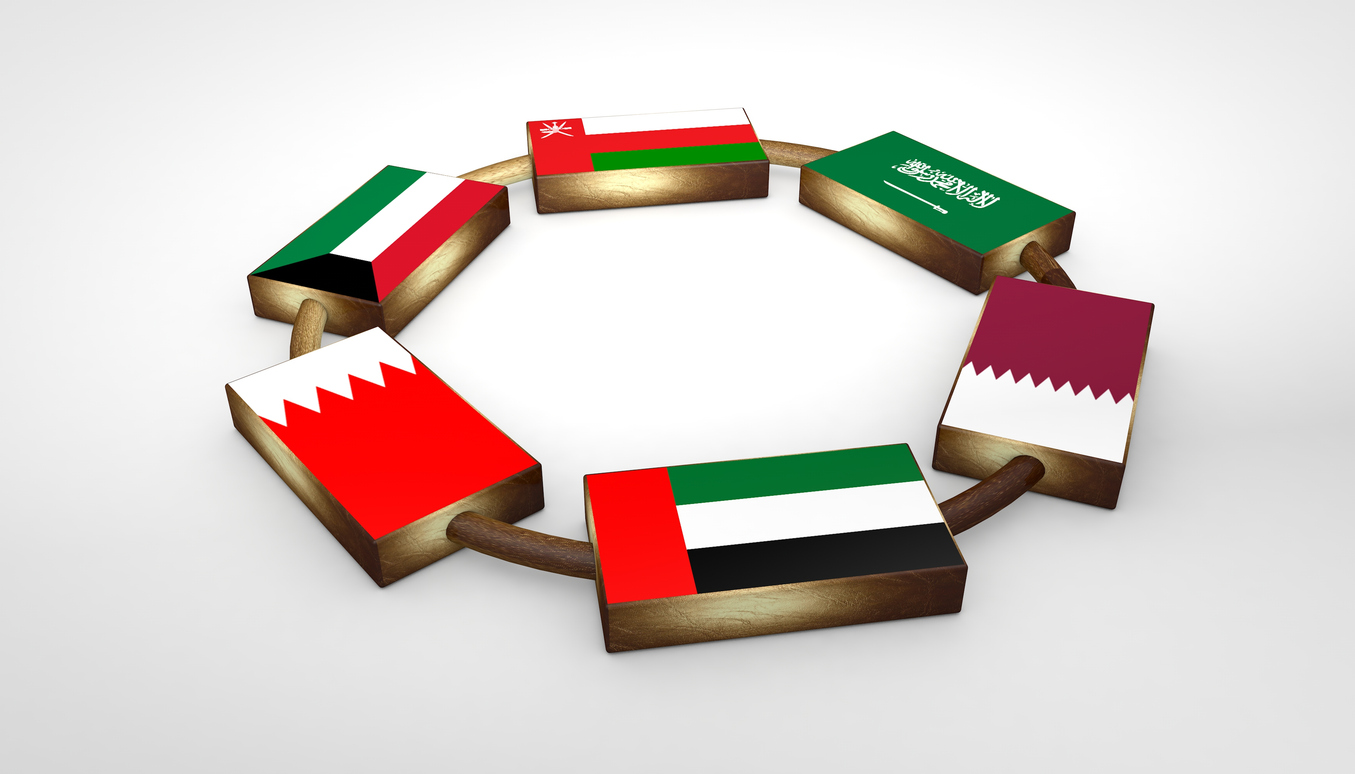
August 29, 2024
The Gulf Cooperation Council (GCC) now accounts for 15% of India's total trade, with bilateral trade reaching US$ 162 billion last year
Key initiatives in financial connectivity include the integration of India's UPI system with the UAE's JAYWAN card and RuPay, along with a local currency settlement system in Dirham and UPI
Emerging opportunities in education, connectivity, and investments from Sovereign Wealth Funds in Saudi Arabia, UAE, Qatar, and Kuwait are being explored, particularly in infrastructure, hydrocarbons, and technology
A Free Trade Agreement between India and the GCC, along with strategic initiatives like the India-Middle East-Europe Economic Corridor, could further enhance economic ties and boost connectivity

The Gulf Cooperation Council (GCC) has grown to contribute 15% to India’s total trade, with bilateral trade between India and the region reaching US$162 billion last year, according to Aseem R Mahajan, Joint Secretary—Gulf, Ministry of External Affairs. Speaking at the ‘India MENA Business Dialogue: Bridging Economics, Fostering Growth’ organised by FICCI, Mahajan highlighted the expanding partnership between India and the Gulf, which now spans sectors such as energy, defence, security, and health.
Despite fluctuations in overall trade figures, Mahajan noted that India’s exports to the GCC have shown steady growth. India exports a range of products to the region, including food processing, jewellery, synthetic fibres, textiles, pharmaceuticals, and engineering goods, all offering substantial potential. He credited the India-UAE Comprehensive Economic Partnership Agreement (CEPA), signed in 2022, with significantly enhancing trade relations with the UAE.
Key initiatives in financial connectivity, such as integrating India’s UPI system with the UAE’s JAYWAN card and RuPay, were also underscored. The local currency settlement system in Dirham and UPI, currently operational, is being considered as a model by other countries. The dialogue also highlighted emerging opportunities in education and connectivity, especially through the India-Middle East-Europe Economic Corridor, which presents significant potential for growth.
Investment opportunities from Sovereign Wealth Funds in Saudi Arabia, UAE, Qatar, and Kuwait are being closely observed. Mahajan pointed out a strong interest in sectors like infrastructure, hydrocarbons, renewable energy, and technology, where joint ventures and partnerships could be developed.
Indian Ambassador to the UAE, Sunjay Sudhir, emphasised the growing importance of technology and innovation within the GCC, particularly in sectors like AI, healthcare, and space technology. He noted that the GCC is India’s largest trading regional bloc, accounting for about one-sixth of India’s total trade, and sees immense potential for future cooperation in these areas.
Amit Narang, Indian Ambassador to Oman, mentioned the significant growth in bilateral trade between India and Oman and the potential for direct shipping routes to further enhance trade. He also stated that negotiations for a bilateral CEPA with Oman are advanced, which could further strengthen trade and investment ties.
Indian Ambassador to Saudi Arabia, Dr Suhel Ajaz Khan, highlighted the energy-driven trade relationship between India and the GCC and noted the economic transformation underway in Saudi Arabia under Vision 2030. This transformation will open up construction, mining, technology, and renewable energy opportunities.
Adeeb Ahamed, Chairman of the FICCI Middle East Council, reiterated the need for a Free Trade Agreement between India and the GCC to enhance economic ties. He also emphasised the strategic importance of initiatives like the India-Middle East-Europe Economic Corridor to boost regional connectivity and cooperation.
Source: Economic Times